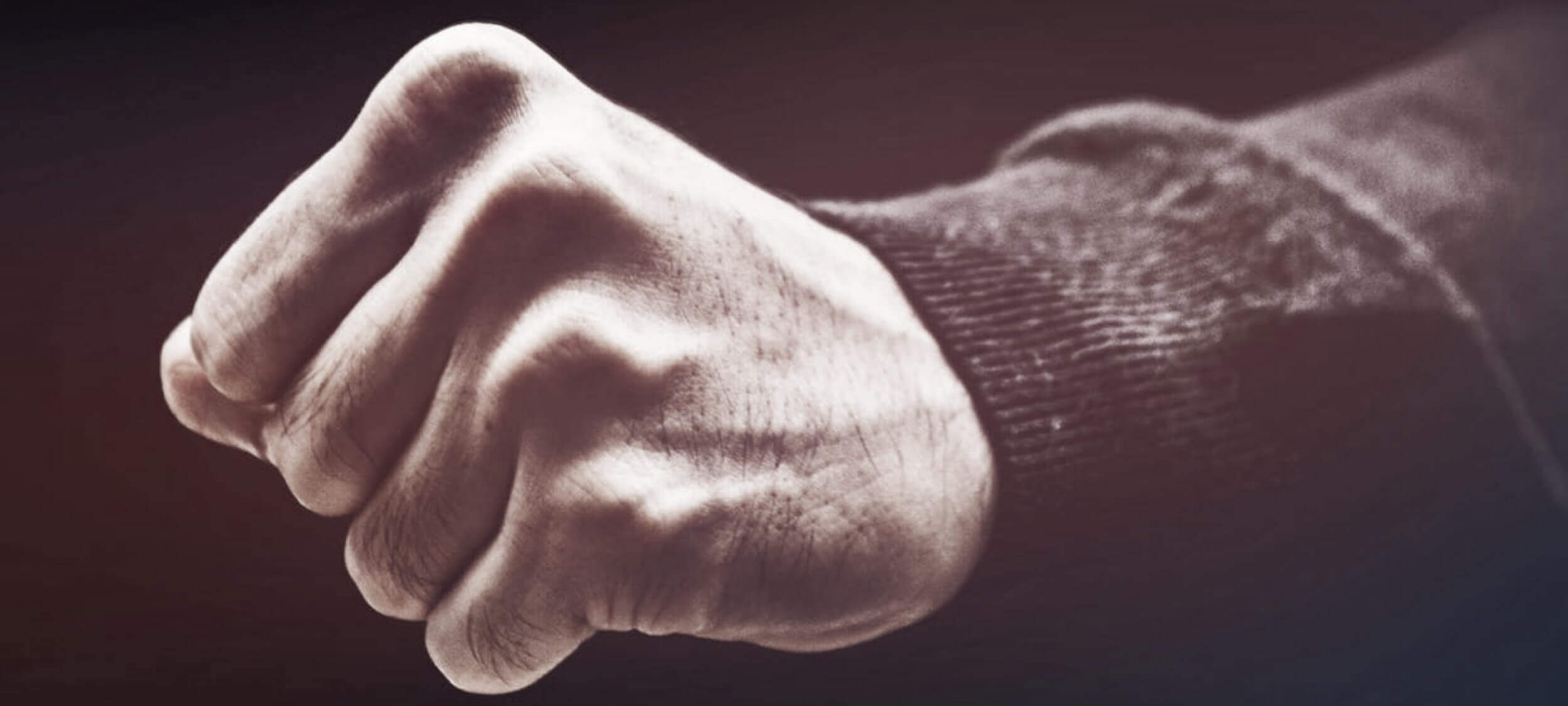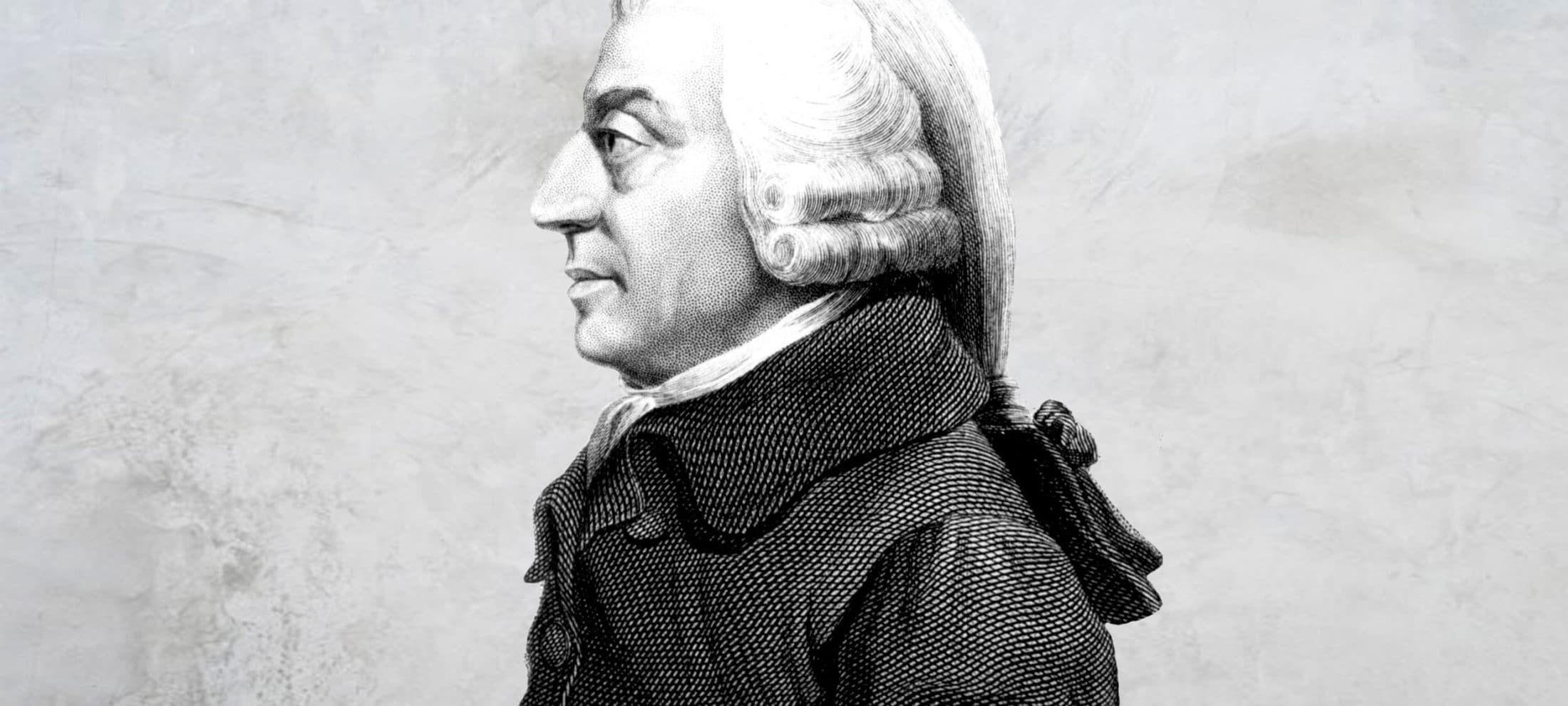
Want men to stop hitting women? Stop talking about “real men”
Opinion + AnalysisRelationships
BY Michael Salter The Ethics Centre 28 SEP 2016
“Real men don’t hit women,” declared Prime Minister Malcolm Turnbull in 2015, before announcing a significant domestic violence funding package.
This slogan was also routinely utilised by former Prime Minister Tony Abbott and is a long-standing feature of prevention and education campaigns around the world.
The message is one many people support. On the face of it, it serves the dual purpose of shaming domestic violence perpetrators and reinforcing the masculinity of non-violent men.
It’s interesting this message is most often delivered by stereotypically successful men such as politicians, sports stars and celebrities. In this way, men and boys are encouraged to see refraining from bashing women as another masculine accomplishment that deserves recognition and acclaim.
We are assured we can be “real men” and enjoy all the perks of masculinity without needing to resort to violence against women. Apparently, not hitting women makes our masculinity even more ‘real’.
On closer inspection, it seems peculiar to celebrate men and boys for not engaging in obviously illegal and harmful behaviour. What is it about violence against women that prompts us to proclaim the masculinity of men who eschew it?
Sexism is so pervasive in our society it becomes invisible, like the air we breathe. It produces the conditions in which domestic violence takes place and then seeps into the solutions we propose for domestic violence. It would be inappropriate to tell white supremacists they can still be ‘racially pure’ without racial violence. “Real whites don’t hit blacks” might ostensibly be an anti-violence message but it hinges on the very notion of racial purity causing the violence.
In the same way, “real men don’t hit women” only makes sense within the culture of sexism that drives violence against women. Male anxiety about being a “real man” is at the very core of physical and sexual violence.
Men who identify strongly with traditional, stereotypical notions of masculinity are most at risk of perpetrating domestic violence. Boys raised in a culture of masculine entitlement can grow into men who feel disrespected and turn to violence when they don’t receive the status and deference they expect from their partner.
Messages about “real men” are not part of the solution to domestic violence. They are part of the problem. Every Australian man grows up being told “real men don’t hit women”. We are taught “real men” are naturally strong and aggressive, but women are too weak and defenceless to make legitimate targets.
Instead, we are encouraged to direct our violence against each other, usually through sport (or physical combat after a few beers). Manfully protecting women is another way of proving our masculinity to others.
“Real men don’t hit women” suggests violence against women is wrong because it is cowardly. It supports the stereotypical view of women as too weak to defend themselves. In fact, women regularly strike back against domestic violence. As a domestic violence worker said during a research interview recently, “Not all of our DV victims are the meek, quiet woman who doesn’t speak up for herself, you know”.
Women who exercise their right to defend themselves against male violence are often stigmatised. They defy sexist expectations that “real women” are too weak to protect themselves and need a “real man” to rescue them.
We won’t stop violence against women by promoting gender stereotypes. The man least likely to hit or abuse a woman is someone who doesn’t care if he’s a “real man” or not. He’s found fulfilling relationships that don’t depend on other people’s assessments of his masculinity.
The good news is these are exactly the relationships men are looking for. No boy grows up hoping to turn into a violent partner or abusive father. Boys and men want to be part of strong relationships, healthy families and happy communities.
Violence corrodes relationships and leaves men alienated, confused and dependent on empty macho displays for a momentary sense of self-esteem. That’s the cost of worrying constantly about being a “real man”. Leaving that anxiety behind opens up a raft of opportunities for boys and men to engage with the people we care about on the basis of mutual respect.
Male violence is an obstacle to the kinds of lives men want to lead. This is the message we should be taking to men and boys.
If you or someone you know is affected by sexual assault or domestic violence, call 1800RESPECT on 1800 737 732. In an emergency, call 000.
Ethics in your inbox.
Get the latest inspiration, intelligence, events & more.
By signing up you agree to our privacy policy
You might be interested in…
Explainer
Relationships
Ethics Explainer: The Sunlight Test
Opinion + Analysis
Business + Leadership, Relationships
So your boss installed CCTV cameras
Opinion + Analysis
Relationships
Ask an ethicist: How much should politics influence my dating decisions?
Big thinker
Politics + Human Rights, Relationships




